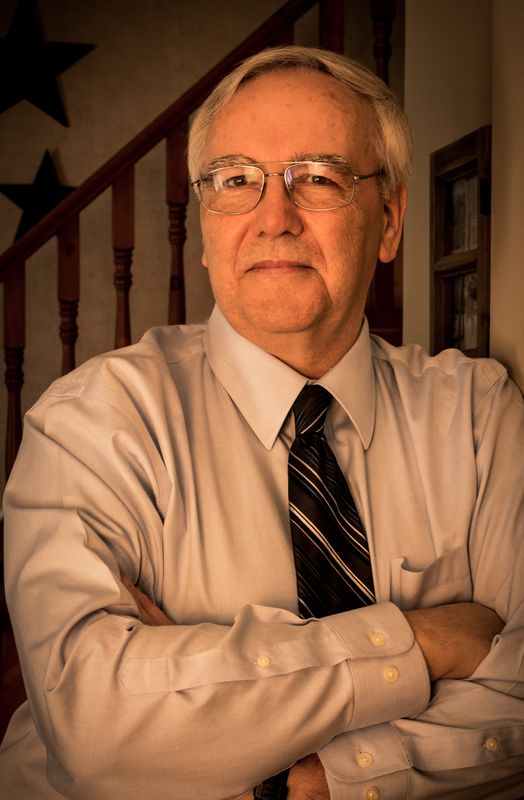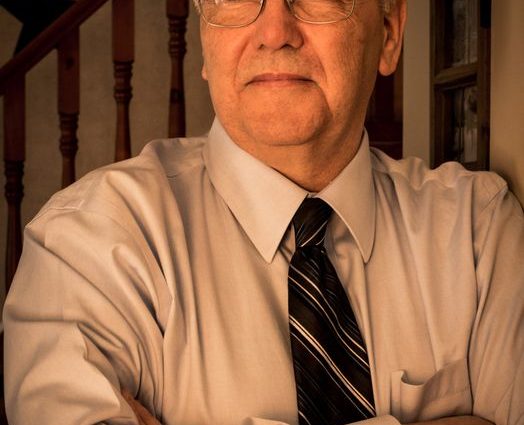CFN – It has been reported that the Prime Minister has set up an ad-hoc committee of Conservative MPs to look at their concerns that they are muzzled by PMO. 
It is an interesting way of addressing this mini-rebellion in Conservative ranks. Is this a true ad-hoc committee or a “stop gap” committee? There are only 34 regular sitting days plus a potential extra ten days remaining before the summer break. This would include just 7-10 meetings of the national caucus. One could be forgiven for thinking this might be a stall to run out the clock before MPs depart for a 12 to 14 week break. Will this caucus sub-committee report before the break and will agreements on how to address their concerns also be made before then? Will we see MPs with more freedom before they leave for the summer months? If decisions can be made quickly, then this is a good move on the Prime Minister’s part.
Trying to escape from under the heavy hand of PMO will not be easy. Harper has run a tight ship which reflects his management style. Plus, the now deeply engrained tight control has been in place for roughly nine years. After the 2004 election and the damage done by Randy White’s comments message control became the norm on the Conservative side.
While it is the Conservatives in the news right now, all MPs should be watching this closely. Will NDP and Liberal MPs stand up to their leader’s offices and ask for similar freedoms. While not as tightly scripted as the Conservatives, they too have to toe the party line. When was the last time you heard a pro-life Liberal MP stand up and give an SO31 on an abortion related issue? Would the NDP allow one of their MPs to praise the shutting down of the long gun registry? Will the NDP allow their MPs to discuss their “personal” support for sovereignty issues in Quebec?
Whether or not to allow more free votes in the House is one option to consider. This allows an MP more freedom to represent their constituents on key issues and gives them some freedom when moral issues such as abortion or capital punishment are raised.
For example the 1987 vote on capital punishment was a free vote with Mulroney and some of his cabinet voting against the bill while a majority of Conservative MPs supported it. In more recent PC Party days (from 1997 up to the merger) to avoid a split in caucus or to avoid the scene of MPs voting against the Leader’s public position, allowing a free vote was often the solution.
Question Period is another area of friction. What is wrong with allowing Opposition MPs some additional freedom by limiting the list of questioners the party (one can read Leader’s Office and House Leader’s Office here) gives to the Speaker? Why not limit their influence to just the leader’s round and the double sets of questions?
The following single questions can be left to other MPs who stand to be recognized by the Speaker. Now wouldn’t that shake things up a bit?
The same can be done on the government side. Why not let government MPs stand and be recognized to ask one of their own ministers a question. It would help to get rid of those awful soft ball questions plus give government MPs a chance to ask real questions on real issues of concern to them and their constituents.
While the focus is on the Conservatives, all MPs should be watching how this develops. If Parliament is to be relevant, it must change. To do so will require the efforts of MPs from all of the parties.
Keith Beardsley is a senior strategist for True North Public Affairs in Ottawa, as well as a blogger and political analyst. He can often be found running or cycling on his favorite bike trails.
To sponsor this column please email jamie@cornwallfreenews.com!

